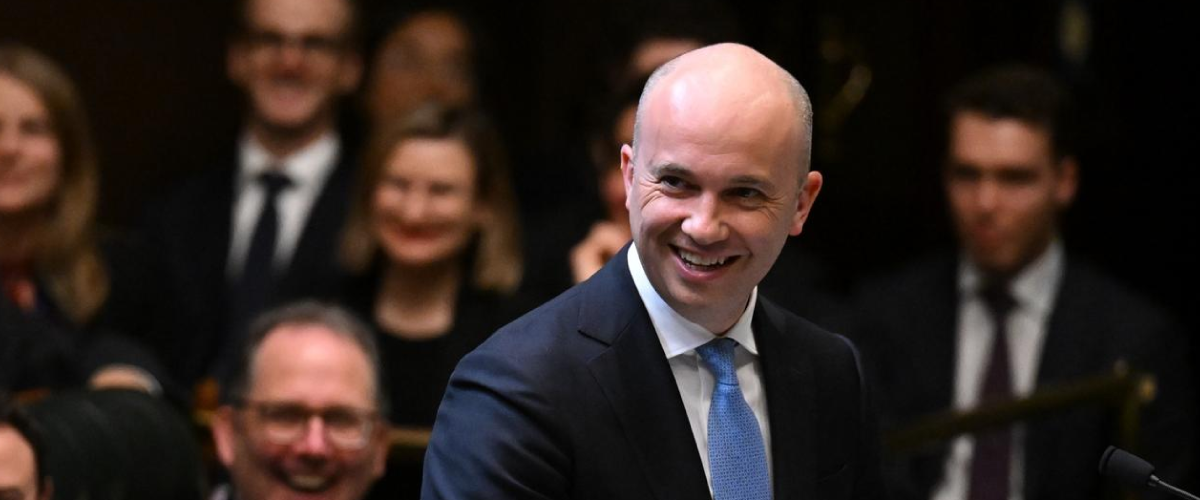Hospital Pharmacists welcome workforce funding in NSW Budget, pharmacists must be prioritised
The Society of Hospital Pharmacists of Australia (SHPA) has welcomed funding measures for hospital and health workers in New South Wales Budget 2022-23, while warning patient safety is at risk if more isn’t done to lift the state’s pharmacist-to-patient ratio, which remains the lowest in the country.
SHPA Chief Executive Kristin Michaels says the $4.5 billion health package with an additional 10,000 healthcare workers as the centrepiece, handed down by Treasurer Matt Kean yesterday, is welcome news for NSW public sector Hospital Pharmacy departments.
‘Even before the impacts of COVID-19, NSW Hospital Pharmacy departments have been chronically understaffed and unable to provide the full range of medication management services.
‘The Hospital Pharmacist allocations to each Local Health District (LHD) are yet to be determined, and SHPA calls on the Ministry of Health and LHD Chief Executives to consult with their Directors of Pharmacy on how many Hospital Pharmacists are required.
‘In recent months, SHPA has heard from our NSW members that their hospitals are at risk of not meeting reaccreditation requirements as per the Medication Safety Standard in the National Safety and Quality Health Service Standards.
‘This is unacceptable, but sadly unsurprising given NSW has the lowest Hospital Pharmacist to inpatient bed ratio of all Australian states. NSW has 25% less Hospital Pharmacists than Victoria, but 25% more public inpatient beds, and its public Hospital Pharmacy departments are unable to be resourced according to pharmacist-to-bed ratios in professional standards.
‘Despite this, NSW Hospital Pharmacists have been asked to do more over the COVID-19 pandemic response, and the stress, burnout and fatigue on the ground is palpable.’
The NSW Budget 2022-23, handed down by Treasurer Matt Kean, also contained once-off $3,000 recognition payments for healthcare workers, $883 million to attract and retain healthcare workers in the regions, and more than $400 million to fast‑track elective surgeries delayed due to COVID-19.
Ms Michaels says the recognition payments are welcomed by Hospital Pharmacists, however more is needed for workforce support.
‘This is just the first step of many to ensure ongoing workforce sustainability and retention.
‘NSW has the lowest Hospital Pharmacy interns per capita – this needs to triple to approximately 100 Hospital Pharmacy interns with commensurate clinical education support, to reach parity with similar-sized jurisdictions.
‘The NSW Hospital Pharmacy workforce also needs formal professional development programs, such as Foundation Residencies and Advanced Training Residencies, to confer the support and career development needed for Hospital Pharmacists to advance and prosper in our hospital system.
‘At present, only a few metropolitan LHDs offer Foundation Residencies to junior Hospital Pharmacists, and SHPA stands ready to partner with the Ministry of Health to expand across all LHDs.
‘Finally, the package to attract and retain healthcare workers to regional and rural NSW is much needed given present challenges, but this also must be complemented by the creation of new Hospital Pharmacy positions for rural and regional LHDs, especially given many smaller hospitals do not have a single Hospital Pharmacist on-site.’
‘The pandemic has seen Hospital Pharmacists deliver a lot, with comparatively little, alongside their health professional peers, and this moment of much-needed investment must not fall short if the sustainability of NSW’s hospital system is to be assured.’
For more information contact Jerry Yik, Head of Policy and Advocacy: jyik@shpa.org.au


